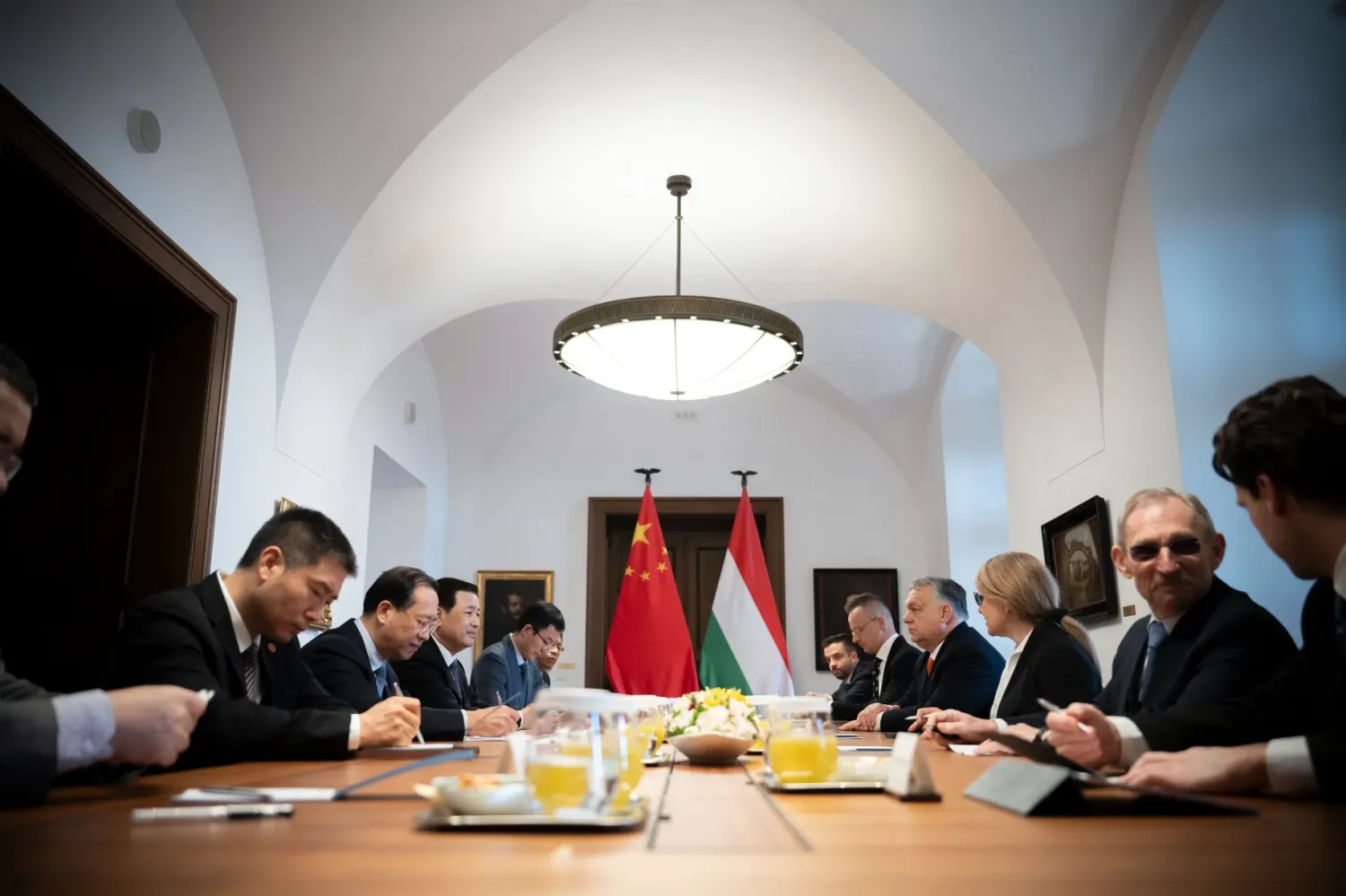The presence of Chinese police in Hungary is not just a fleeting event; it marks a potentially transformative moment in Hungary’s foreign relations and internal security strategies. As the collaboration between Budapest and Beijing deepens, analysts are closely monitoring how this shift will affect Hungary’s role within the European Union, where skepticism towards Chinese influence has heightened in recent years.
Critics of the partnership argue that it could lead to a normalization of foreign police presence on EU soil, which raises fundamental questions about the protection of individual rights. The EU has long upheld values of democracy and human rights, and the introduction of officers from an authoritarian regime like China’s presents a stark contrast to those principles. Human rights organizations within Europe are voicing their concerns, warning that normalizing such cooperation could embolden repressive practices in Hungary and possibly in neighboring countries as well.
Furthermore, this collaboration occurs against a backdrop of geopolitical tension, particularly as the West grapples with the implications of China’s global ambitions. The United States and its allies have been increasingly vigilant regarding China’s influence in Eastern Europe, viewing Hungary’s actions as a potential gateway for further Chinese penetration into the EU.
Hungary’s ongoing partnership with China is part of a broader trend wherein Central and Eastern European countries are increasingly looking to Beijing for investment and strategic alliances. This phenomenon, often referred to as the “16+1 initiative,” has drawn a mixed response from EU officials who worry that it undermines the union’s cohesive stance on issues such as human rights and security.
As public awareness of the implications of this collaboration grows, it remains to be seen how the Hungarian government will navigate the pushback from civil society and EU institutions. The coming months will be critical as Hungary assesses its commitment to longstanding democratic values in light of its evolving relationship with China.






